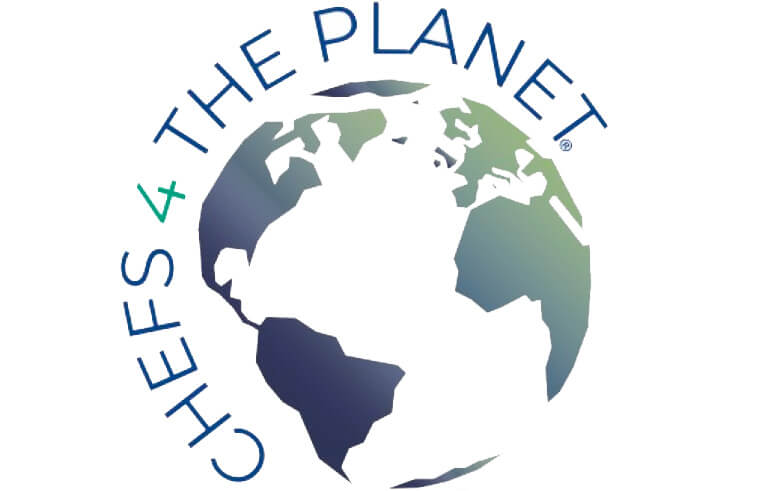On the back of a recent European Commission-funded report which called for nuance in the livestock vs environment debate, EURACTIV took a look at the importance of EU grasslands and the role of livestock in maintaining them.
The report, published in October, comes amidst increasing debates over the role of livestock and the sustainability of the agricultural sector. Although it does not shy away from pointing out the significant contribution of the livestock sector to environmental issues, the report highlights that the debate over meat is not a clear cut one, stressing the need to avoid “oversimplification”.
“The study invites the reader to avoid oversimplification of the debate around the livestock sector and its impact,” the executive summary of the report reads, concluding that it is not possible to consider livestock as a whole. “Livestock plays a key role in land use that can be either positive or negative at local and global level,” it adds. In particular, it highlights that livestock, especially ruminants, can have a positive impact on biodiversity and soil carbon via the “maintenance of permanent grassland and hedges and optimised use of manure”.
According to a report on grassland use, grasslands cover more than a third of the European agricultural area, accounting for more than 60 million hectares across the EU-27 in 2012.“Grasslands are vitally important both for agriculture and society,” the report reads, adding that they are often undervalued in the EU as farmers often “do not perceive the multi-functionality of grasslands as an advantage”.
A draft of the EU taxonomy regulation, seen by EURACTIV, identifies grasslands as a “high-nature-value land”, including “non-natural” grassland, i.e. that which would cease to be grassland in the absence of human intervention.The regulation outlines the most appropriate environmental criteria for economic sectors in the EU, including agriculture, designed to direct sustainable funding to these areas.
‘Livestock make meadows and meadows make livestock’
Trevor Dines, a botanical specialist with Plantlife, a UK conservation charity working at home and abroad to save threatened wildflowers, plants and fungi, reiterated the importance of grassland areas as “unique crucibles of biodiversity”. As well as housing thousands of species of pollinators and other insects, Dines also highlighted the importance of meadows for storing carbon.
Read the rest here: https://www.euractiv.com/section/agriculture-food/news/plant-biodiversity-suffers-without-livestock-grazing-says-expert/


